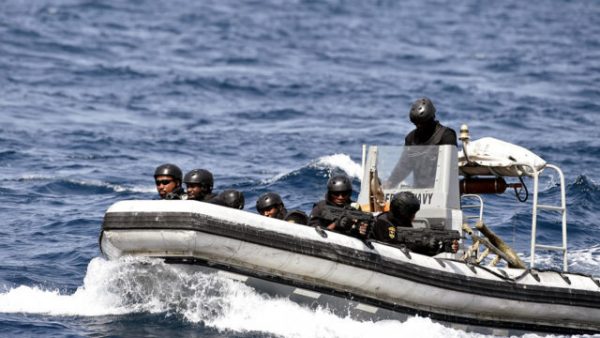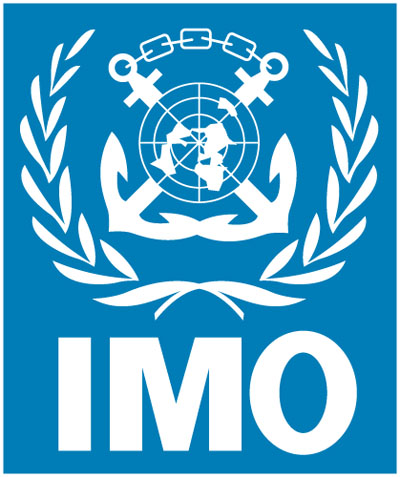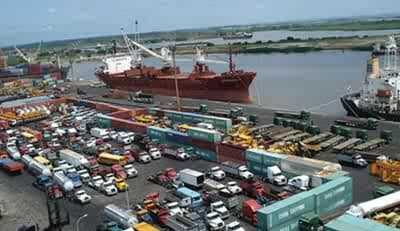Is Amaechi Qualified To Serve As President? [2]
By Sabastine Mbah
![Is Amaechi Qualified To Serve As President? [2]](https://mmsplusng.com/wp-content/uploads/2022/06/images-14.jpeg)
The presidential primaries of the All Progressives Congress(APC) has come and gone with winners and losers having sober reflection. Rt. Hon. Rotimi Amaechi came second place in a keen-contested contest that threw up Asiwaju Bola Tinubu as the winner. But the leadership faus paux of the former Minister of Transportation is worth looking into. Though one of the most touted performing Minister under President Mohammadu Buhari’s government, how real is this?
Two weeks ago,an attempt was at x-raying the qualities expected of a leader and to establish if the former Minister of Transportation, Rt. Hon. Rotimi Chibuike Amaechi possess the qualities to be Nigeria’s next President. The quest beamed torchlight on the innovations deployed by the Minister in tackling issues as they confronted the Ministry and its agencies when he was in-charge.
In doing that, we looked at how poorly the former Minister handled the Abuja-Kaduna rail project and the repair work carried out on Nnamdi Azikiwe International Airport, Abuja in 2007.
Research has also revealed that Amaechi failed in giving the maritime industry the outlook it deserves. A major low point was his inability to increase indigenous capacity amongst the nation’s indigenous ship-owners. This was due to the lack of disbursement of the Cabotage Vessel Financing Fund (CVFF), which he initially promised to disburse in his first four years as Minister, but failed to disburse. With many indigenous ship-owners running bankrupt due to a lack of support from the government, foreign vessels continued to plunder the nation’s cabotage domain, thereby leading to a huge capital flight for the economy and raising dust as to his capacity and sincerity.
In his seven years tenure as a Minister the Federal Government could not implement automation process through a National Single Window Platform (NSWP), at the nation’s ports. Without a Single Window for cargo clearance processes, agencies of government continued to work at cross purposes with cargo owners. The implication of a lack of a Single Window at the nation’s ports meant that cargoes were stopped and searched at will by different agencies of government on the roads even when such cargoes had been duly inspected and exited from the ports. Consequently, the increase of human to human contact during cargo clearance processes promoted corruption at the nation’s ports as cargo owners continued to pay through their noses to evacuate their consignments. These multiple search on the roads have created chaos and crisis several times and in most cases led to death. Though the Minister of Finance is to share in this blame too, for allowing the Nigeria Customs Service(NCS) to lower the bar here. It has also been seen as one of the reasons why prices of goods skyrocket owing to the fact that if additional fees are paid illegally at those multiple check-points, the consumer bears the pain.
A leader must show capabilities and bring something different from what was initially obtainable. Anyone can come onboard and maintain the statuesque but it takes one with the guts of ingenuity to create a difference and leave the system far better than they met it. That one person is who is referred to as a leader.
Amaechi’s failed efforts at establishing the proposed national fleet from the ashes of the defunct Nigerian National Shipping Line(NNSL) is another low for him. As usual he vowed in 2015 to ensure that the nation had a functional national carrier before the end of 2019. To acheive this, in 2016, the Minister sent a delegation led by the former Executive Secretary of the Nigerian Shippers’ Council (NSC), Barr. Hassan Bello to Singapore to negotiate a deal with the Singaporean shipping firm, Pacific International Lines (PIL), over the possibility of establishing a national shipping line for Nigeria.
A Memorandum of Understanding (MoU), was signed between Nigeria and the PIL ceding 60 per cent equity to Nigeria while PIL was to own 40 per cent. The 60 per cent stake for Nigeria was expected to be offloaded to private sector investors when the project comes on stream.
The then Shippers’ Council’s boss, Bello had said that the national carrier would come complete with other add-on like the ship repair yards and training capability for which the federal government was willing to provide the enabling environment to operate. However, till the Minister left office in May 2022, the dream of Nigeria having a national fleet never materialized as PIL pulled out of the deal at some point. Like every political move devoid of sincerity of purpose, all tax payers money expended in this regards yielded no fruit and the project died naturally. However, the indigenous ship owners should be partly blamed here.
Similarly, in the railway mode, it was the same politics of the more you see the less you understand. The Port Harcourt – Maiduguri Eastern Railway project as it appears has become a myth. The last that was heard about it was at a meeting in March, 2022 comprising delegates from the Ministry of Transportation, Nigerian Railway Corporation and representatives from the three firms handling various sections of the project. The outcome of that meeting was for the contractors to prepare and submit their exit plans within a week thus putting a stop to the project.
With the many ills of Amaechi staring him straight in his face and lying bare for everyone to see, these are leadership lessons learnt.







